In past decades we have undergone a ‘revolution’ – for want of a better word – of emotional rediscovery. Its main chant has been a reaction against the stereotypical emotionally-unavailable father, reminiscing his days fighting in a war while compelling his son to man up, never cry, and stop being a snowflake. The reaction against the father is quite understandable; an affirmation that people have emotions which cannot simply be bottled up; an affirmation that what we must do is rather explore these experiences in an attempt to understand them.
The complex question that we thus face concerns how to process these very emotions. And the answer will take us into a perplexing paradox as to their meaning.
Your parents made you, so that you can be their parent
There is some valuable wisdom in the affirmation of crying: we are not omnipotent, we have needs, and these needs must be confronted. Social order is built on a status quo, a self-fulfilling prophesy: we all share a big belief – an ideology – that first promises us happiness but just a second later scolds us for being sad and undermining that collective goal of happiness.
It is no wonder then, that the militaristic father expects his son to never cry. He places a demand on the son to constantly affirm that the world he built for him is a form of paradise deserving praise. The child should show gratitude and fix a grin, in order to not disappoint his father, to not make him sad. The father thus becomes the baby, threatening his son with ‘adult’ tantrums, unless he gives him what he wants: recognition, identity, love.
Why we are all babies
And so, by crying, one breaks the status quo in which everyone is pretending to be doing great.
Yet for some reason we generally tend to keep up the appearances, and not-cry. This reason is none other than the sublime hope that we may be recognised and admired for being successfully happy, within the schema of that ideology.
What lies deep in our desires – that which we cannot stop craving for – is to somehow manage to receive this absolute love and praise. Not from an imperfect mediocre other, but rather from this sublime big Other, the authority, the experts, the world en masse, God… somebody or something we could think of as being whole. The problem is, of course, that this thing is undefinable and elusive. We cannot recognise who it is, and so we constantly feel abandoned. Unrecognized. We tend to cry.
Ironically, it often happens that the infantile desire for sublime love becomes the uncanny reason why we act like ‘adults’; why we become babies that go to work dressed in suits and then weep and suckle the pacifier in moments of intimate privacy. As self-proclaimed grown ups, we simply strangle the child who desperately wants to cry out of discontent.
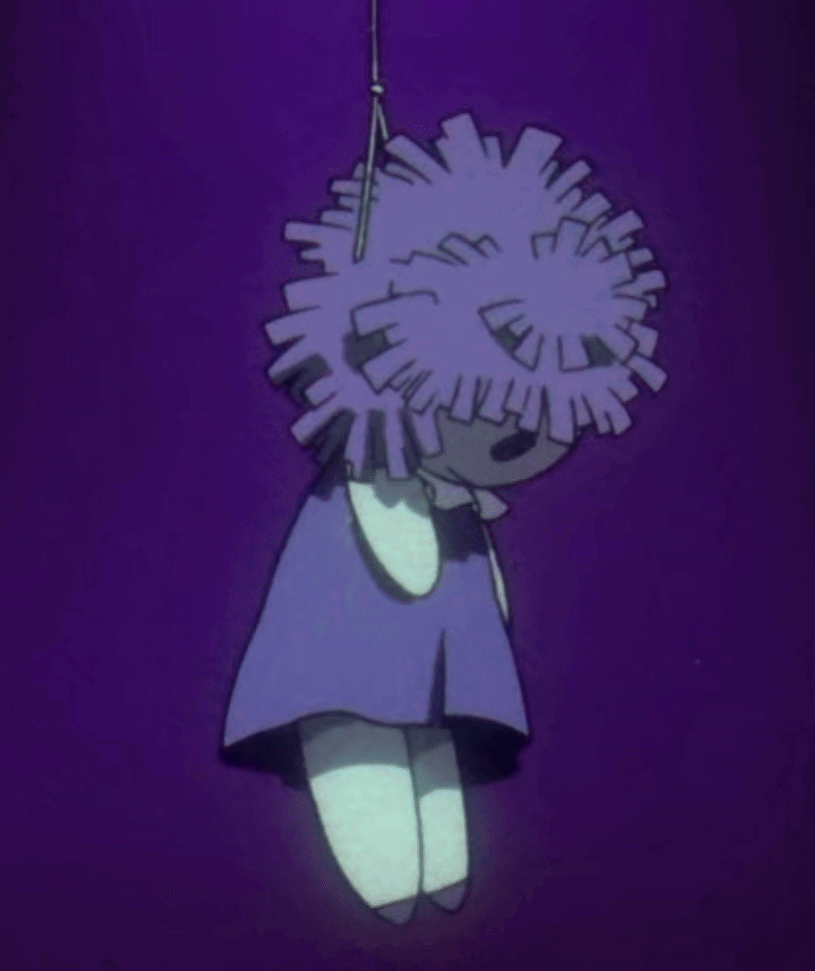
Fantasies are built and destroyed by crying
As we try to come to grips with this ironic state of life, we often come across this conventional new age wisdom valuing crying. But, the position misses just one detail, a paradox inherent to this illocutionary utterance.
On the one hand, the act of crying signals to others that there is a person who stopped keeping up the appearances, a de facto defector of the ideology of happiness. The person crying is a traumatic event, a discomfort, for the rest of the individual subjects who are now being told that there is one less participant contributing to the symbolic order. In other words, if we all started crying together, each of us would have to admit that there is no reliable paternal figure to seek recognition from, that we are all babies; thus destroying the fantasy that there are paternal others to admire us. Our keeping up appearances is what keeps us at a safe distance from others, so that they may believe that our formal recognition of them – and theirs of us – is meaningful.
On the other hand, we also know that there is a schadenfreude begotten by seeing others cry. Their cry, as an antithesis of the ideology of happiness, assures us that we are doing something better, that by some vague and narcissistic relativity, we are actually succeeding. We can feel like adults next to babies. In the reverse scenario of the previous analogy, if nobody cried, then we would want to invent something better than ‘not crying’, a ‘not not crying’ that can be the object of our desire.
The paradox, therefore, is that crying is first an act of undermining the ruling ideology, but it is also, in effect, an affirmation of the power that it has over us, of its inescapable paternal clutch.
Crying: To feel forsaken is to believe in the Father’s clutch
Crying can at first be imagined as the subject’s final reconciliation that there is no big Other; in this sense, Žižek describes Jesus’s ‘Eli Eli Lama Sabachthani’ as the ultimate atheistic moment of Christianity: Jesus absolves humans, not from their sins, but rather from the symbolic order that had defined those sins in the first place and had provided meaning to the acts they committed, since the Father is no longer there watching.
Yet what Žižek does not consider, is that crying expresses disappointment at having been forsaken, by addressing that big Other – God, the Father – who is now forced to be present by that very illocution. Jesus’s cry on the cross, albeit one of disillusionment, is still faithfully committed to the Father, the fulcrum of ideology. Otherwise, he would not have cried.
We feel that we need to win back the Father who abandoned us. But the inception of this need, the purpose of our cry, is to firstly keep him alive in the symbolic order. We’d rather be orphans, than individuals with a non-paternal genesis. Jesus crying on the cross was the ultimate theistic moment, contrary to what Žižek claims.
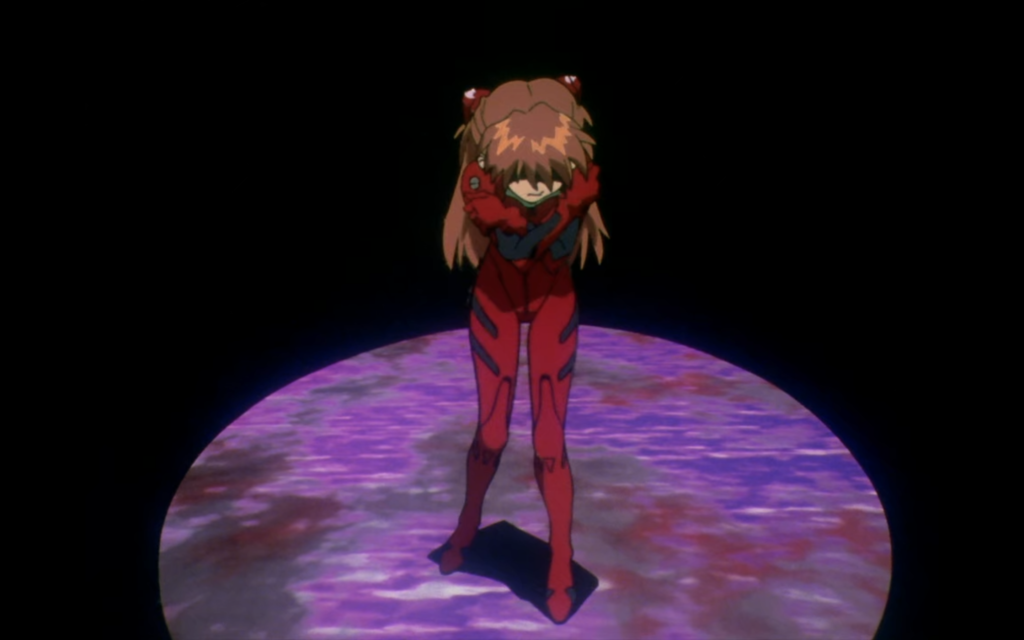
Not Crying: The ideology of ‘happiness’ – The fantasy that the world is one big tit to be suckled
It has so far been established that each time we cry, we affirm the truth of the order of things; that is, we consolidate our infantile and desperate desire for recognition, an attachment to the Other that is supposed to see and know us, and to whom we submit as subjects of judgement.
This submission takes effect not only through the act of crying, but just as equally, through the act of not-crying. The latter does not simply mean the mere absence of crying, but the negation of crying, then positivised as an action; in much simpler everyday terms, not-crying is the act of theatrical glamourous happiness, purporting to be an inspiration to others, which still remains a cry – a demand – to be loved and recognised.
As we go through the anxious obsession with being ‘happy’, we anticipate sadness so that we may negate it. Being ‘happy’ therefore retains the form of crying, but simply changes the content through a negation. It is the same infantile blackmail ‘you give me your love, or I will cry!’, which others are willing to concede to, so that they may enjoy us as a fetishized model of happiness, a model meant to act as their sublime object of desire, a pacifier that keeps them from crying.
The models of happiness suppress their cries so that the rest of us can be inspired to also be happy and not-cry. And they will be ‘happy’ because they receive our distant praises for whatever it is they might be doing. We all want to believe that the person praying next to us is enjoying the bliss of God, that our colleagues are not miserable, so that we can go to church and work, and live their ‘happy’ dream everyday.
Of course, we may choose to participate with the most cynical attitude towards these rituals. But even in such mocking acts, we can still hear and enjoy a spectral praise in silence; we carry on piloting the symbolic empty shells of happiness and success, whose power stems only from the gaze of the paternal big Other.
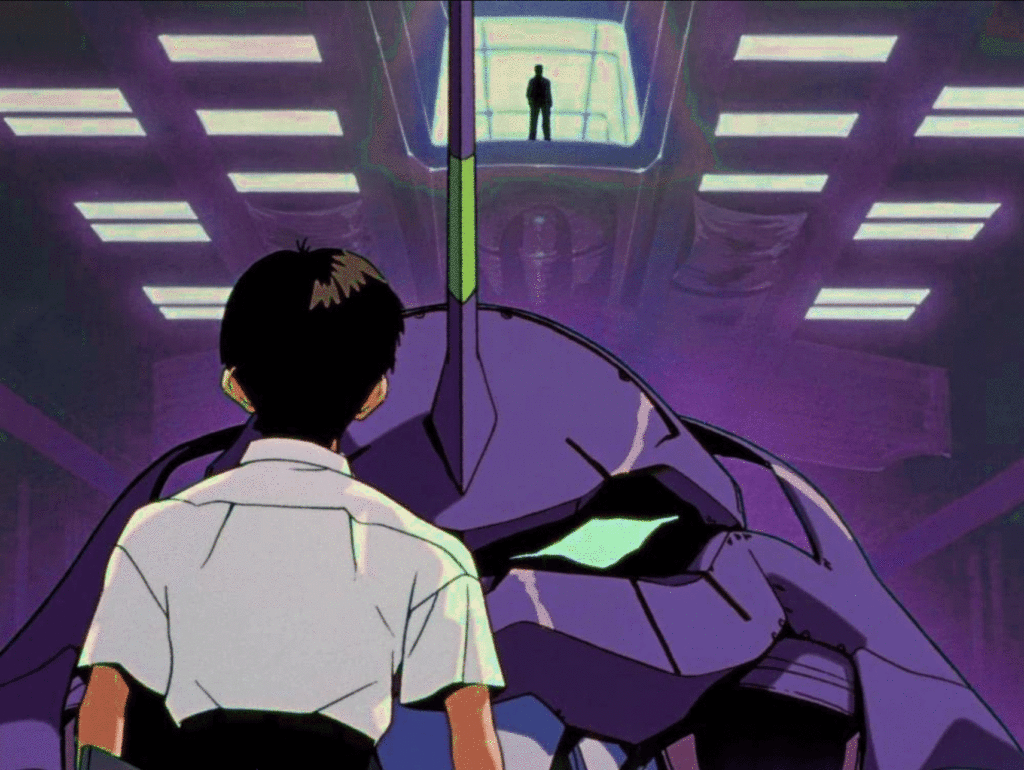
That is, even as cynics, we can still enjoy the sense of pride when manifesting to the Other that we are grown ups who attained the golden pacifier and due to which we supposedly do not cry.
Flere Est Percipi: Facing the Paradox Alone
In an ideology of happiness, we do not pledge allegiance to the flag in a classroom. The ideological demand is two-fold: we must declare our happiness in public; and we must cry for failing to attain the promised happiness.
So then, whether I cry or not-cry, I support the ideology of ‘happiness’ and submit to its impending depression all the same. How to escape this paradox?
We can seek the answer in a synthesis of this dialectic: The paradox can be surmounted by not crying, but also, by not being ‘happy’. That is, to accept the urge to cry, and the feeling that the dream of happiness seems unfulfilled, that one is not successful; but also to know that no one is around to hear the weeping. No god, drug, parent, lover, friend, therapist or coach who can make you whole with their comforting embrace or consoling words. There is no other who knows the truth to making you (or themselves) happy.
Hence, if the same ideology provides its subjects with a healer to their disillusionment, the only purpose is to patch them up enough in order to maintain the belief in its promises. Rather than simply advocating mental health awareness in schools, workplaces, and society in general, perhaps we should ask why it is that we need them so much, if not to keep subjects functional and thus for the ideological fantasy to persist and reproduce itself.
The third way therefore requires you to affirm that you have no parents; but furthermore, that you remain an orphan only for as long as you believe that you should have parents, for as long as you cry for them. And should anyone offer to adopt you, beware: their yearning for parenthood is but their form of crying for recognition.
You don’t cry – not because you have to be ‘tough’, but – because you know that there is nothing to struggle against, except for a fantasy.
The answer is found in accepting and undergoing subjective destitution. After doing so, there remains nothing to damn. No order to be angry at. No justice to invoke. You are absolutely alone, and so, crying no longer makes sense.
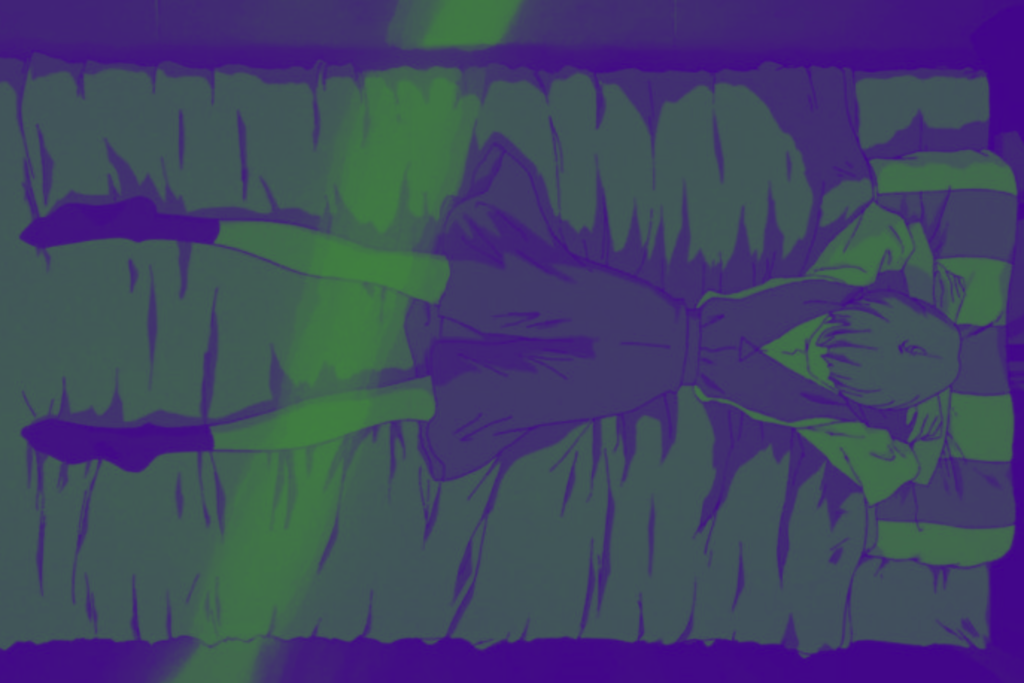
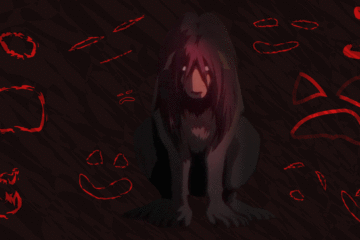
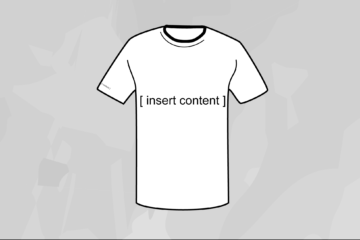
0 Comments